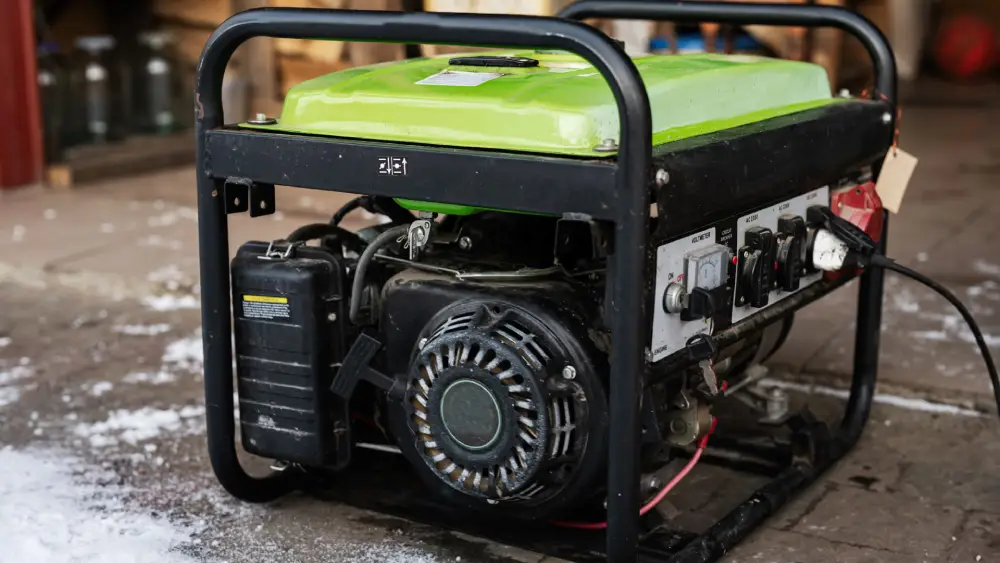When the lights go out, and the power grid fails, having a generator can be a real lifesaver. It ensures that your home remains functional, comfortable, and safe during outages. But with various generator types available, how do you choose the right one for your specific needs? Here’s a step-by-step guide on how to calculate your options and make an informed choice:
How to Choose the Right Generator
Step 1: Determine Your Power Needs
The first and most critical step is to assess your power requirements during an outage. Create a list of essential appliances and devices you want to keep running, including lights, refrigerator, heating and cooling systems, sump pump, and any other critical equipment.
For each item, find the wattage it consumes and add them up to calculate your total power demand. You can typically find this information on the appliance’s nameplate or in the owner’s manual.
Step 2: Factor in Starting Watts
Some appliances, like air conditioners and refrigerators, require extra power to start up (starting watts) before they settle into their running wattage (continuous watts). Make sure to account for these starting watts in your calculations. Starting watts can be 2-3 times the running watts for some appliances.
Step 3: Add a Safety Margin
To ensure you have a generator that can comfortably handle your needs, add a safety margin of around 10-20% to your total wattage calculation. This extra capacity provides flexibility and accommodates any unexpected power spikes during startup.
Step 4: Generator Types and Fuel Sources
Now that you know your power requirements, you can explore your generator options:
- Portable Generators: These are cost-effective and come in various sizes. Choose one that can handle your total wattage needs but still leaves some room for expansion. Portable generators typically run on gasoline or propane.
- Standby Generators: If you want a whole-house solution, standby generators are the way to go. These units can be sized to match your home’s electricity demand and are usually powered by natural gas or propane, ensuring a continuous fuel supply.
- Inverter Generators: Inverter generators provide clean and stable power. They are quieter and more fuel-efficient than conventional portable generators. However, they may have lower power output.
- Solar Generators: Solar generators are an eco-friendly option but typically offer limited wattage. They are ideal for small-scale backup power and can be charged using solar panels.
Step 5: Consider Fuel Availability and Cost
Determine the availability and cost of the fuel source for your chosen generator type. Gasoline and propane are readily available, while natural gas and diesel may require professional installation or storage considerations.
Step 6: Installation and Location
Consider where you will place the generator. Portable generators need proper ventilation and should be placed away from the home to prevent carbon monoxide exposure. Standby generators require professional installation, usually outdoors.
Step 7: Budget and Maintenance
Set your budget, including the cost of the generator, installation, and any required maintenance. Keep in mind that standby generators have a higher upfront cost but can provide whole-house coverage.
Step 8: Noise and Emissions
Factor in noise level and emissions. Inverter generators and standby generators are typically quieter and produce fewer emissions than traditional portable generators.
Step 9: Seek Professional Guidance
If you’re unsure about any aspect of your generator choice, consult with an electrician or generator specialist. They can help you determine the right size and type of generator for your specific home and needs.

